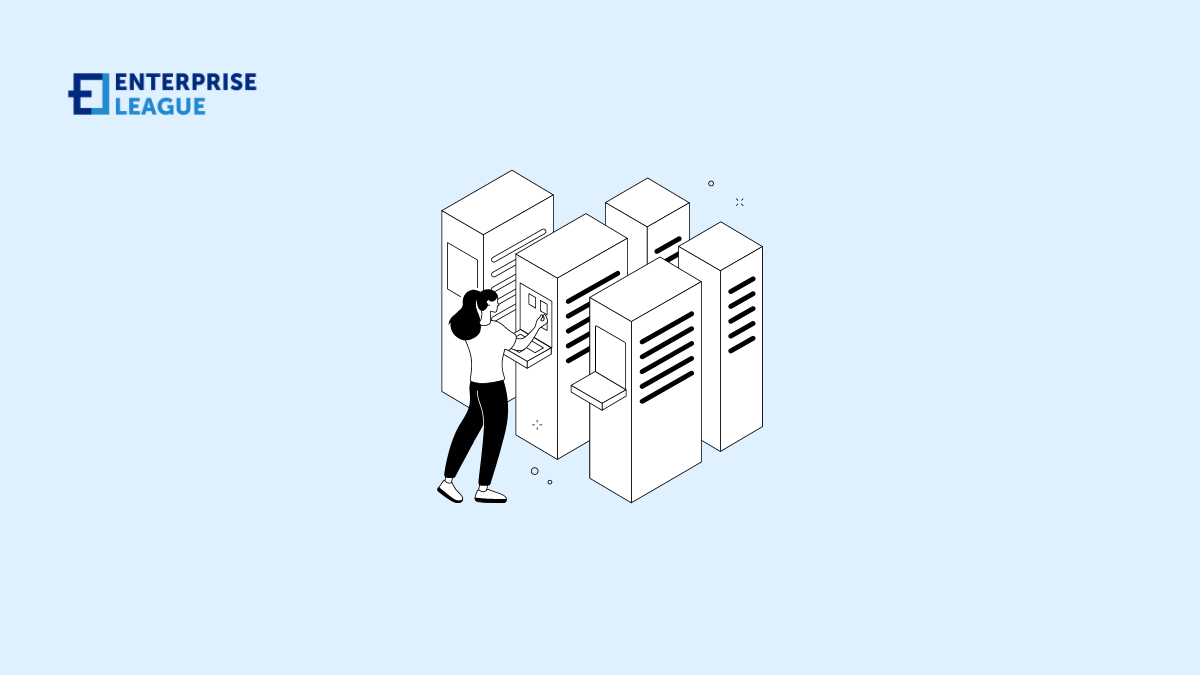One of the primary considerations when we start a web project is choosing a hosting solution. While renting dedicated servers from a hosting provider is a popular option, owning a server yourself can offer several benefits.
But, it’s important to remember that servers need specific environmental conditions and cannot be housed in random places. This is where server colocation services come in, providing the necessary facilities and infrastructure to house and maintain your server.
Server colocation is a service that suggests that the hosting provider rents out their server space to the clients that locate their servers there. In this article, we’ll discuss the pros and cons of this kind of service for your business.
Pros of server colocation
Let’s look at some of the pros that server colocation offers.
Space
Servers need space, as you wouldn’t locate a server directly in your office. They occupy physical space and produce noise, which can be a distraction, so it’s better to locate them away from your working space.
Control
Since your hardware for the server is at your control and discretion, you can take care of its quality and configuration yourself. This level of control over the hardware for the server is particularly important for businesses with specific hardware requirements, such as high-performance computing or specialized networking needs.
With server colocation, you can select and install the hardware that best meets your needs, and can even make upgrades or modifications as required. This can help ensure that your server is optimized for your specific workloads and can provide the best possible performance for your applications or services.
Uptime
Since a website has to have ideally an uptime of 99,99 %, it needs some guarantees that it won’t stop working regardless of circumstances, like unexpected power outages and so on. A data center, which is a facility specialized in housing servers, guarantees the power backup supply in case of anything.
Security
Data centers have many layers of physical and network security measures in place to protect against unauthorized access, cyber threats, and other types of data breaches. This includes video surveillance, biometric authentication, fire suppression systems, and other advanced security features that aren’t found in a typical office or home environment.
Location
The location is also a significant factor contributing to the Search Engine Optimization (SEO) of the website. Search engines like Google take into account the location of the server when determining the relevance of a website to a particular region. This means that hosting a website on a server located in the same region as the target audience can potentially improve its SEO performance in that region.
Also, don’t forget about the legal issues. Depending on the type of your projects, they can be viewed differently according to the rules and regulations of a particular region. Being able to choose the location, you can get the optimal configuration of everything for the best success of your projects.
Cons of server colocation
Even though colocation is a service with lots of impressive features and benefits, it doesn’t suit every business. Let’s see, why you might not want to opt for server colocation for your projects.
More start-up investments
If you want to rent a server, you have to pay your first monthly fee according to your plan and start developing your projects straight away. Server Colocation is not that straightforward, since you’ll have to buy the server first and then deliver it to the data center in question. You’ll have to send some of your employees there so everything is properly configured and installed. You have to keep that in mind if a colocated server seems attractive to you.
This is a technology for larger projects
Less flexibility
With a colocated server, you can’t scale that easily or just refuse from the server. You already have your server and you are bounded to it. If you don’t need it anymore, you’ll have to look for a way to sell it. If you want to upgrade your capacities, you’ll need to buy and install all the necessary components on your own.
Conclusion
Server colocation is a good solution for various businesses, combining the beneficial data center infrastructure with full control over your server hardware. Yet, it might be not the perfect solution for smaller businesses or if you want to engage less in managing your hosting.
We hope that this article has shed some light on the pros and cons of server colocation and that now you can make the right choice for your business.
More must-read stories from Enterprise League:
- Profitable and funny business idea that you can start today.
- Unique and creative guerrilla marketing ideas for small businesses.
- Importance of online privacy laws in the digital era and how they protect us.
- Have a look at the best countries to start a business as a foreigner.
- Everything you need to know about how to onboard a new employee.
Related Articles
How direct lenders simplify mortgage processes for homebuyers
Eliminating the requirement for intermediaries, direct lenders are changing housing market by offering effective practices that simplify mortgage acquisition.
PDFs and the debate between tradition and innovation
Curious about the future of PDF? Learn about its integration with new technologies and explore some practical PDF tips to leverage all the power of this format!
The 10 Ds of entrepreneurship: Why are they important?
Are you familiar with the 10 Ds of entrepreneurship? Let’s see if you possess some or all of them that will launch you for success.
How direct lenders simplify mortgage processes for homebuyers
Eliminating the requirement for intermediaries, direct lenders are changing housing market by offering effective practices that simplify mortgage acquisition.
PDFs and the debate between tradition and innovation
Curious about the future of PDF? Learn about its integration with new technologies and explore some practical PDF tips to leverage all the power of this format!






